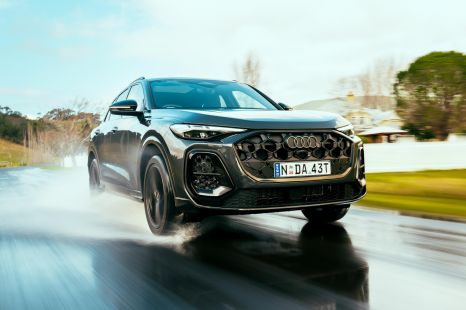

James Wong
2026 Audi SQ5 review: Quick drive
5 Days Ago

News Editor
Great Wall Motor is reportedly planning to introduce a range of hydrogen fuel-cell electric vehicles (FCEVs).
Chinese news service CLS reports the automaker will introduce these FCEVs under a new brand.
It reports word from sources that GWM has completed the product planning for the new FCEVs, and that the new brand will be positioned as a high-end brand.
The brand was set to be launched in the second quarter of this year, but the knock-on effects of COVID-19 have reportedly delayed a launch to the end of the year.
The introduction of such a venture would see it join an already brimming stable of sub-brands. The GWM parent company comprises GWM Ute, Haval (mainstream SUVs), Ora (electric vehicles), Tank (more rugged 4x4s), and more upmarket Wey products.
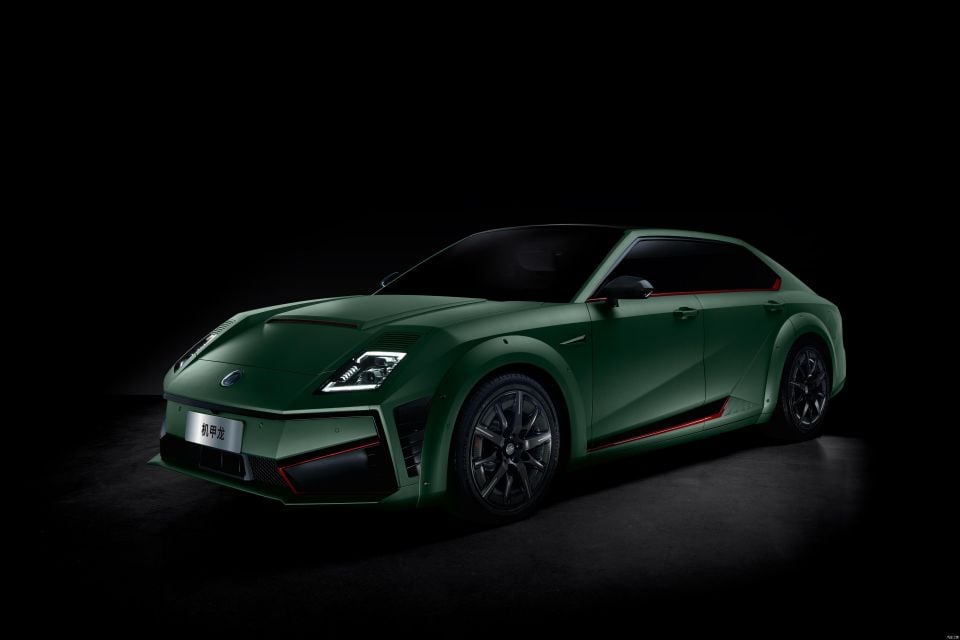

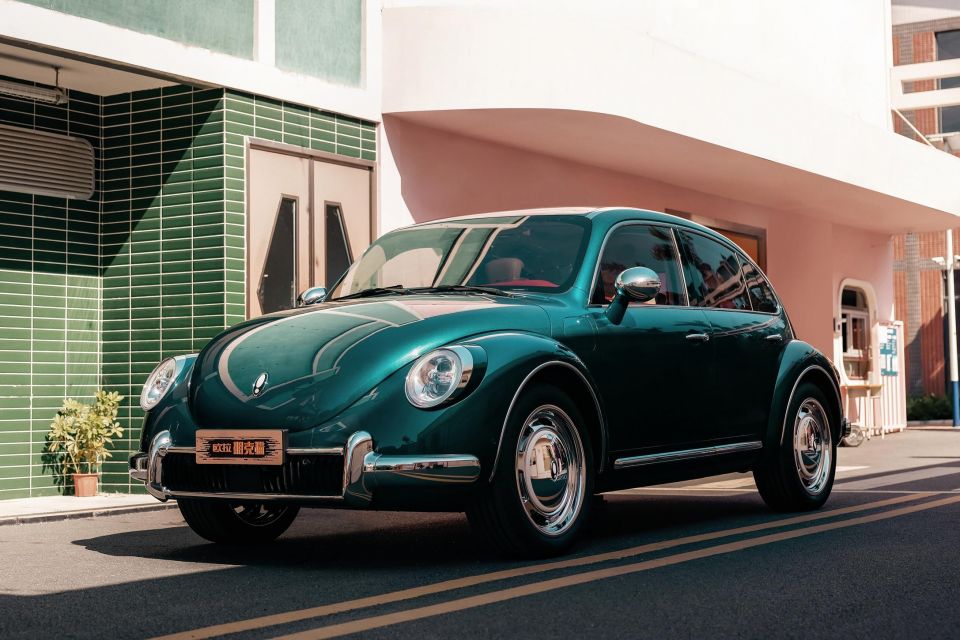
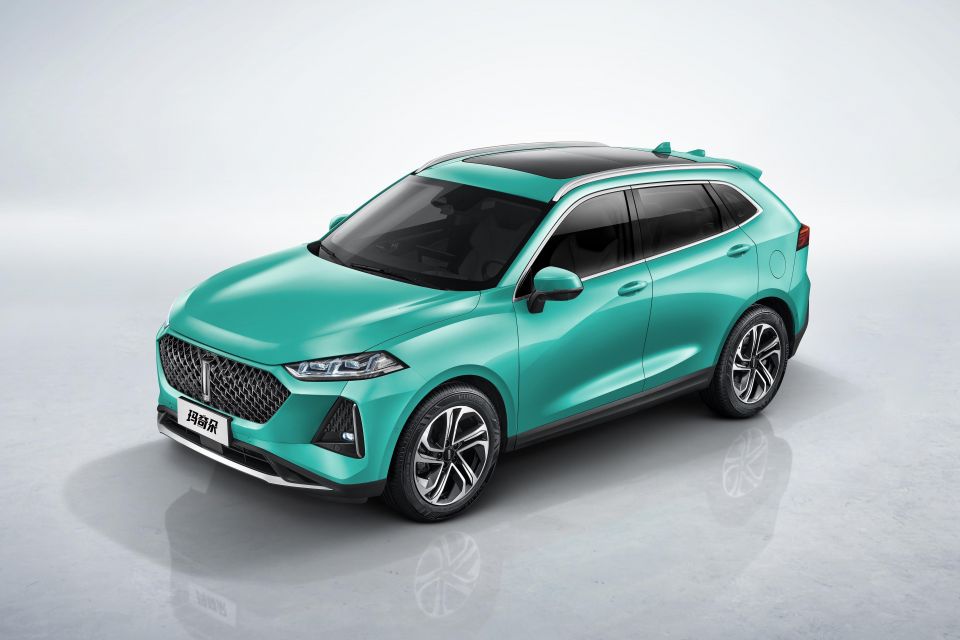
It also previewed a new electric vehicle brand, Saloon, last year.
As part of its 2035 development plan announced earlier this year, the Chinese Government aims to have 50,000 FCEVs on its roads by 2025 and is providing subsidies to manufacturers developing FCEV technology.
The China Association of Automobile Manufacturers says just 1586 FCEVs were sold in China last year, out of 17,000 FCEVs globally.
Great Wall Motor said last year it would invest ¥3 billion (A$626 million) over three years in R&D for hydrogen vehicles, and “will ride into top three in global hydrogen market share by 2025”.
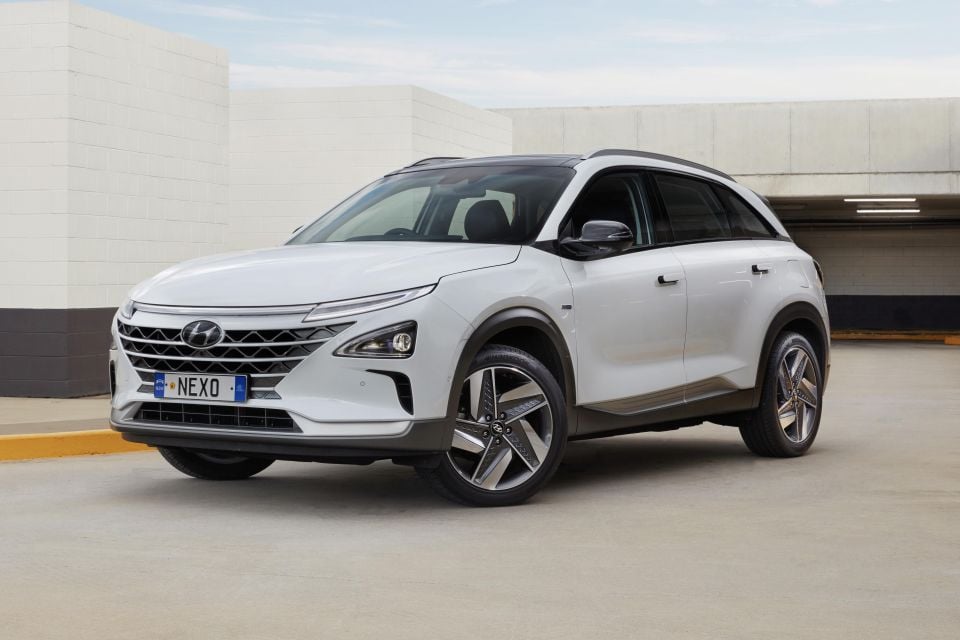
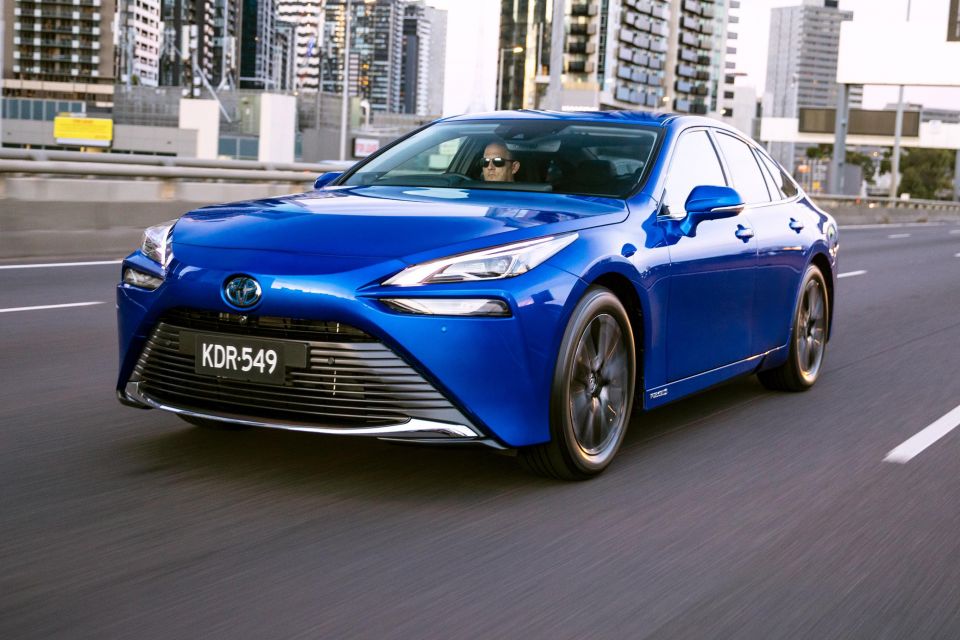

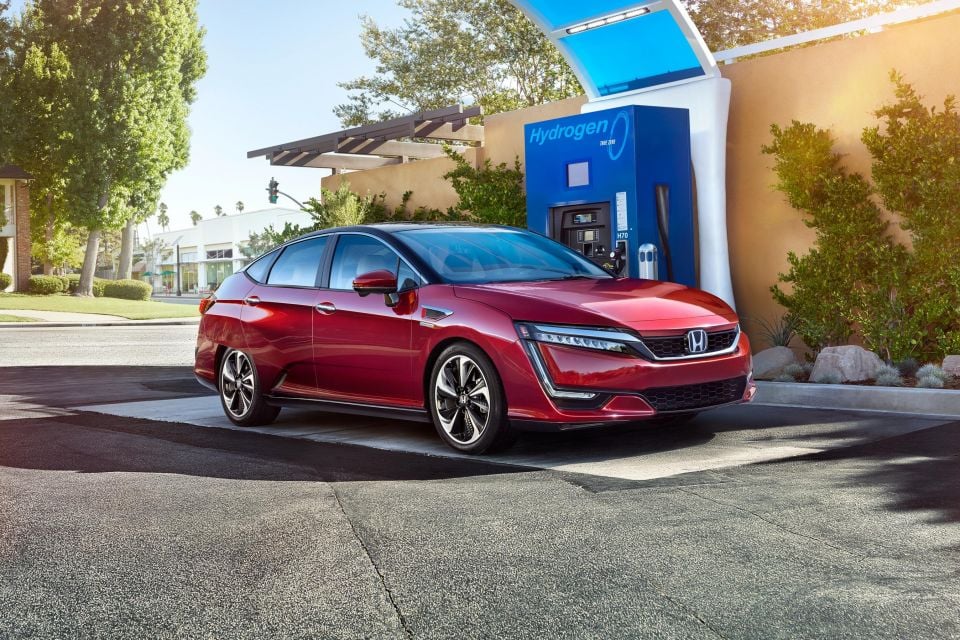
It’s not a part of the market with a bevy of competitors, with Hyundai and Toyota the leaders with their low-volume Nexo crossover and Mirai sedan, respectively.
Honda recently discontinued its Clarity FCEV, while BMW has yet to release its new iX5 which will be produced in small volumes.
Great Wall Motor confirmed last year it’s developing FCEVs across four countries with experts from Europe, Japan and the US, and has been developing its own components.
It also confirmed its hydrogen strategy involves a version of the ‘LEMON’ platform, which underpins the likes of the Haval Jolion and H6.
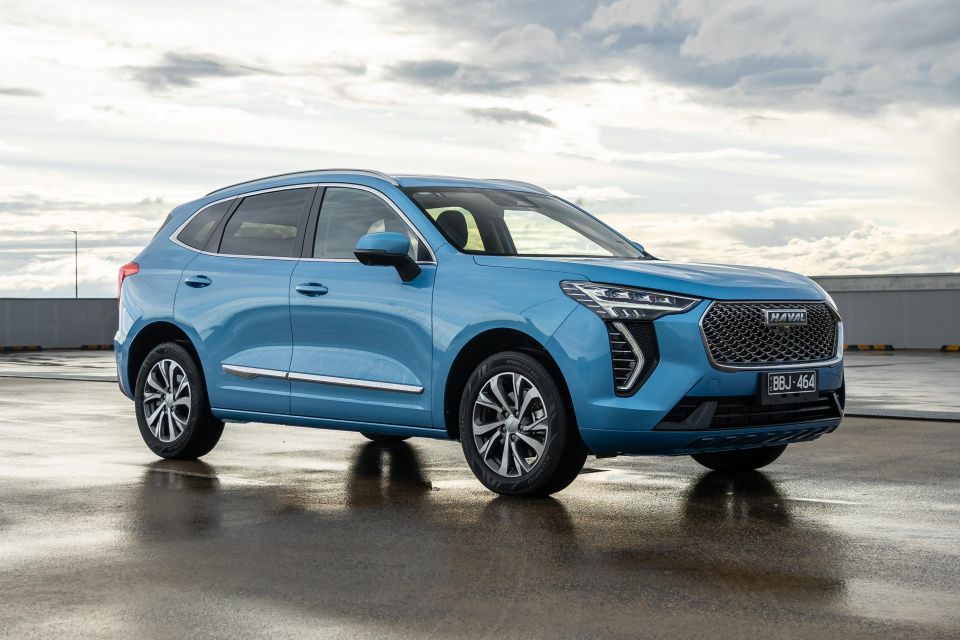

The first-generation FCEV powertrain will apparently produce peak power of 160kW, but Great Wall Motor aims to develop a more efficient but more powerful 200kW powertrain.
The company first established a hydrogen technology centre in 2018.
The South China Morning Post reports China is the world’s largest hydrogen producer, with 33 million tonnes produced annually albeit with 80 per cent of this produced using coal and natural gas.
The government is aiming to produce 100-200,000 tonnes of green hydrogen annually by 2025.
Where expert car reviews meet expert car buying – CarExpert gives you trusted advice, personalised service and real savings on your next new car.
William Stopford is an automotive journalist based in Brisbane, Australia. William is a Business/Journalism graduate from the Queensland University of Technology who loves to travel, briefly lived in the US, and has a particular interest in the American car industry.


James Wong
5 Days Ago
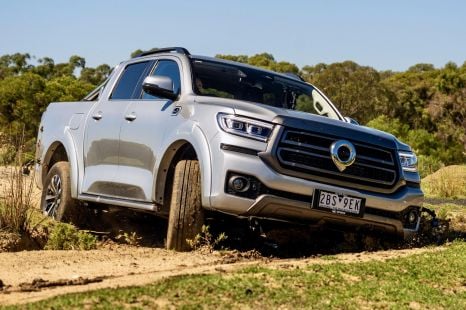

Max Davies
4 Days Ago
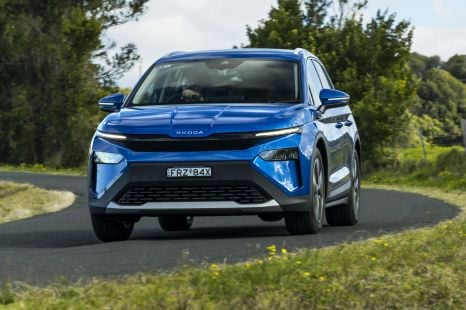

Josh Nevett
3 Days Ago
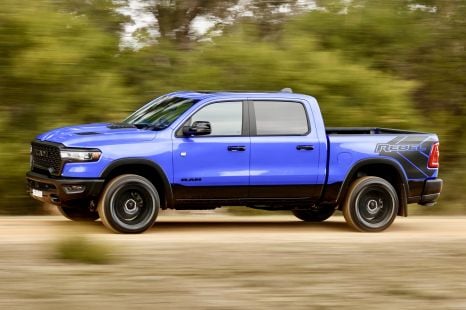

Max Davies
3 Days Ago
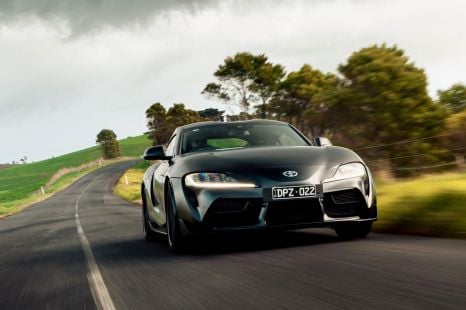

Max Davies
1 Day Ago
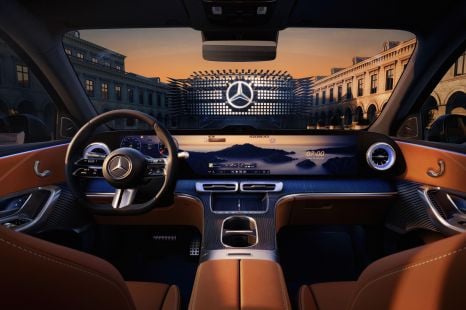

Derek Fung
1 Day Ago